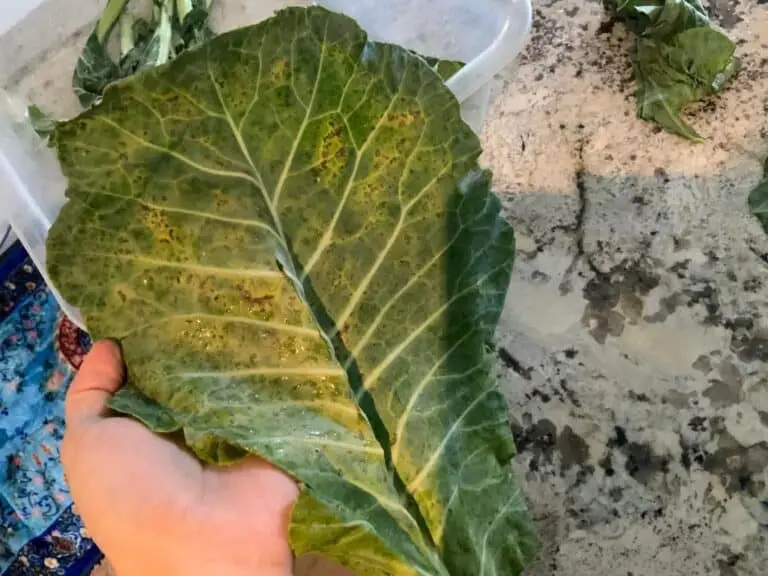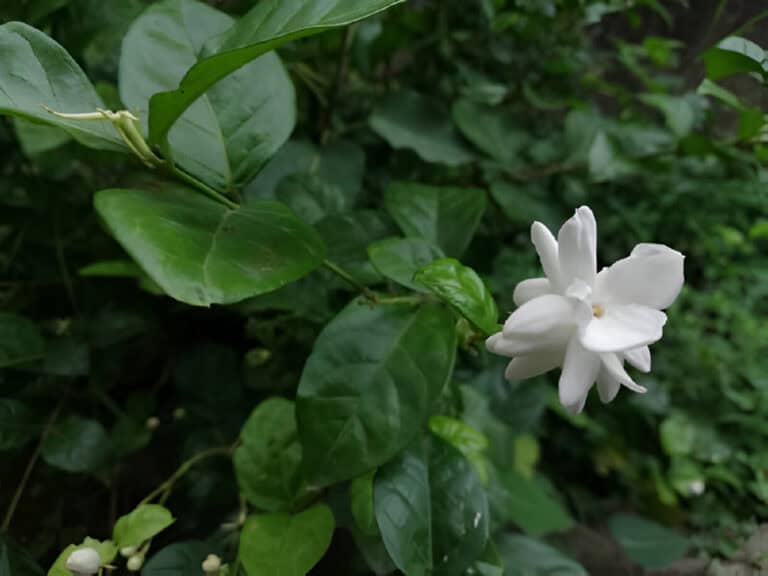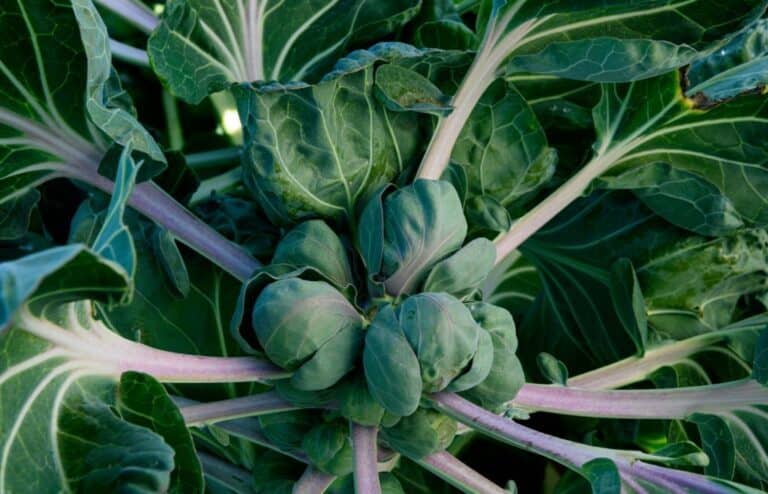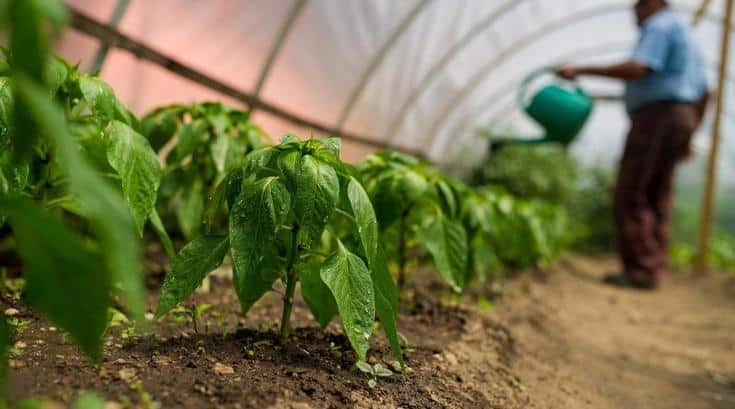Pruning Tips for Thriving Chili Plants in Winter
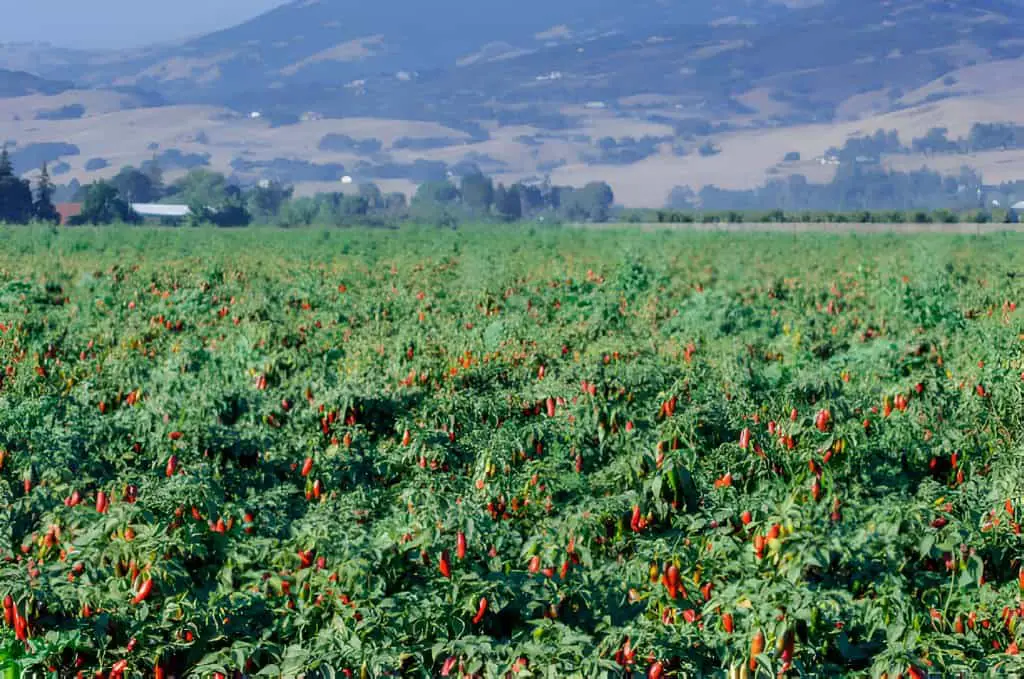
Is your chili plant ready for the winter months ahead? As the winter chill sets in, maintaining the health and productivity of your chilli plants can be a challenge. With the temperatures dropping, it’s crucial to give your chili plants the care they need to thrive during the colder season.
In this article, we’ll discuss key pruning tips. They will help your chili plants stay healthy and productive in the winter. These tips are for both seasoned gardeners and beginners. They will ensure your chili plants survive the winter chill and come back strong in the spring.
Understanding the Importance of Pruning Chili Plants
Pruning is the practice of selectively removing parts of a plant, such as branches, buds, or roots, to enhance its growth and health. For chilli plants, winter pruning is particularly vital. It helps to:
- Maintain Plant Health: By cutting dead or sick branches, you stop pests and diseases from spreading. This keeps your plant healthy.
- Encourage New Growth: Pruning makes new, healthy branches and leaves. It prepares the plant for a productive growing season.
- Improved Air Circulation: Thinning out dense foliage boosts air flow. It reduces the risk of fungal infections and other problems.
- Manage Plant Size: Keeping the plant small makes it easier to manage. Additionally, it makes it less vulnerable to damage from strong winter winds.
Essential Tools for Pruning
Before you start pruning, gather the necessary tools. Having the right equipment ensures that you can make clean, precise cuts without damaging your plants.
Tools You’ll Need:
- Pruning Shears: Sharp and clean shears are essential for making precise cuts.
- Gloves: Protect your hands from thorns and sap.
- Disinfectant: To clean your tools before and after pruning, preventing the spread of diseases.
- Support Stakes: To help stabilize the plant if necessary.
When to Prune Your Chilli Plants
Timing is crucial when it comes to pruning chilli plants. The best time to prune is late autumn to early winter, after the last harvest and before the first frost. This timing allows the plant to recover and redirect its energy towards new growth during the dormant winter period.
Step-by-Step Pruning Guide
1. Assess the Plant
Start by thoroughly inspecting your chilli plant. Look for any signs of disease, damaged branches, or overly dense foliage. Identifying these issues will help you determine where to focus your pruning efforts.
2. Remove Dead and Diseased Branches
Using your pruning shears, cut away any dead or diseased branches. Make your cuts at a 45-degree angle to prevent water from collecting on the cut surface, which can lead to rot. Ensure your tools are clean to avoid spreading disease.
3. Thin Out Dense Foliage
If your plant has thick, tangled growth, thin it out to improve air circulation. Remove any branches that are crossing or crowding each other. This step not only helps prevent fungal infections but also allows more light to reach the inner parts of the plant.
4. Trim Back Long Branches
Cut back any excessively long branches to a manageable length. This prevents them from being damaged by strong winter winds and encourages the plant to produce new growth in the spring.
5. Pinch Off Spent Flowers
Remove any remaining flowers or fruits that are unlikely to mature. This conserves the plant’s energy and directs it towards strengthening the roots and stems.
Aftercare for Pruned Chilli Plants
Proper aftercare is essential to help your chilli plants recover from pruning and prepare for the winter months.
Watering
Water the plant thoroughly after pruning to reduce stress. However, avoid overwatering, as chilli plants are susceptible to root rot. The soil should be moist but well-drained.
Mulching
Apply a layer of mulch around the base of the plant to retain moisture and insulate the roots from extreme temperatures. Organic mulches like straw, leaves, or compost are excellent choices.
Fertilizing
Feed your chilli plants with a balanced, slow-release fertilizer. It provides essential nutrients all winter. This helps support new growth and overall plant health.
Common Pruning Mistakes to Avoid
Over-Pruning
While it might be tempting to prune heavily, over-pruning can stress your chilli plants and reduce their ability to recover. Aim to remove no more than one-third of the plant’s foliage at a time.
Using Dirty Tools
Always clean your pruning tools before and after use. Dirty tools can introduce diseases to your plants, causing more harm than good.
Ignoring Weather Conditions
Avoid pruning during wet or frosty conditions. Pruning during these times can make your plants more susceptible to diseases and damage. Choose a dry, mild day for pruning.
Read: How To Prune Chayote Plant
Table: Pruning Checklist
| Task | Details |
| Assess the Plant | Look for dead, diseased, or crowded branches. |
| Gather Tools | Pruning shears, gloves, disinfectant, and support stakes. |
| Remove Dead Branches | Cut at a 45-degree angle to prevent rot. |
| Thin Dense Foliage | Improve air circulation and light penetration. |
| Trim Long Branches | Prevent damage and encourage new growth. |
| Pinch Off Spent Flowers | Conserve energy for root and stem strength. |
| Watering | Keep the soil in preparation moist, but avoid overwatering. |
| Mulching | Retain moisture and insulate roots. |
| Fertilizing | Use a balanced, slow-release fertilizer. |
| Avoid Over-Pruning | Remove no more than one-third of foliage. |
| Clean Tools | Prevent disease spread by disinfecting tools. |
| Check Weather | Prune on dry, mild days. |
Conclusion
Pruning your chilli plants for winter is a vital task that ensures their health and productivity. By following these expert tips, you can prune like a pro, maintaining your plants’ vigor and preparing them for a bountiful growing season.
Remember to assess your plants carefully. Make strategic cuts and give the needed aftercare to help recovery. Proper pruning will help your chili plants. They will not just survive, but thrive. They will reward you with lush leaves and lots of fruit. Happy gardening!


